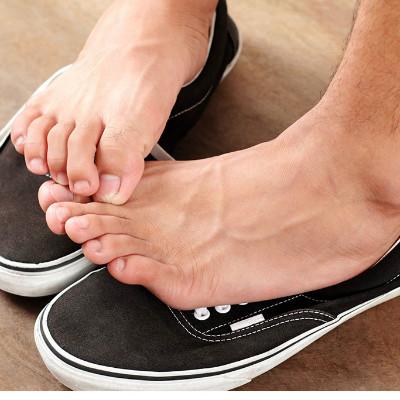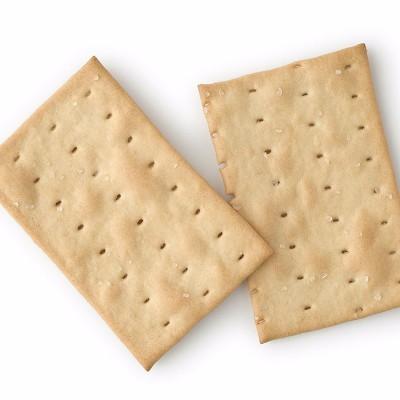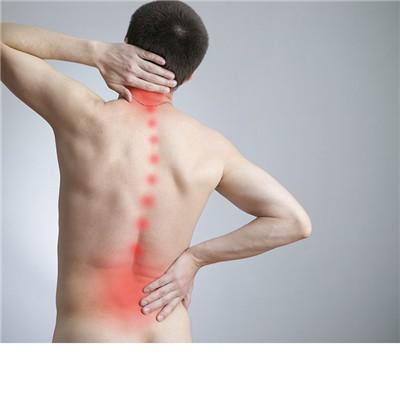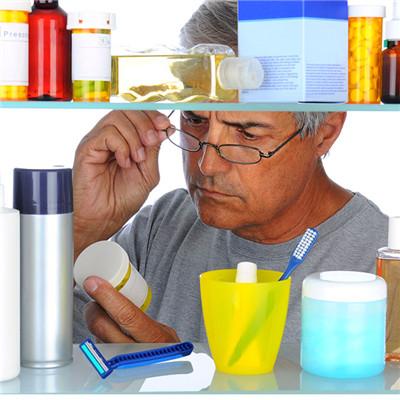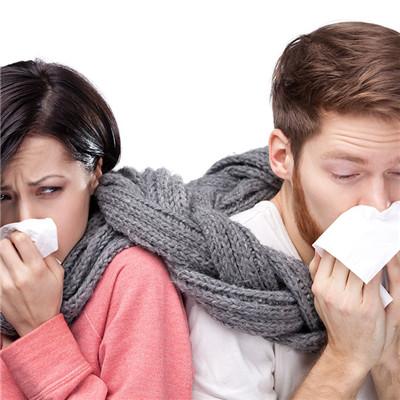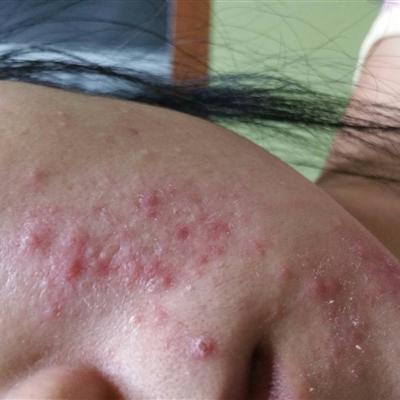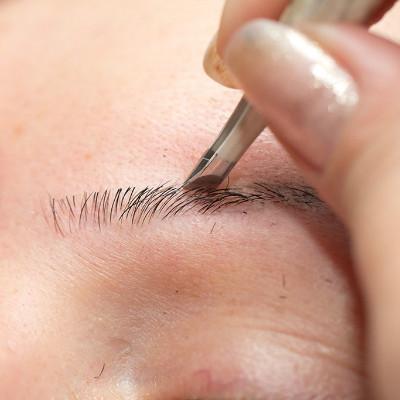What are the common symptoms of eczema?
summary
Eczema often has a variety of forms, easy to reduce, aggravate or relapse, the boundary is generally not clear. Rash is easy to occur on both sides and more or less symmetrical. According to the acute or chronic degree, there are different manifestations, such as erythema, papule, blister, erosion, scale, scab, pigment increase or decrease, chapped or lichenoid, etc. several manifestations are often mixed together, and sometimes occur first and then. If there is secondary infection, there can be pustules and other skin lesions. So, what are the common symptoms of eczema? Next, let's take a look at the introduction.
What are the common symptoms of eczema?
1. Exudative eczema: it is common in obese infants. It starts from both cheeks, with erythema, papules and herpes. It often shows a lot of exudative red erosive surface due to severe itching and scratching. Severe cases may involve the whole face or even the whole body. If there is secondary infection, pustules and local lymph node enlargement, fever can be seen.
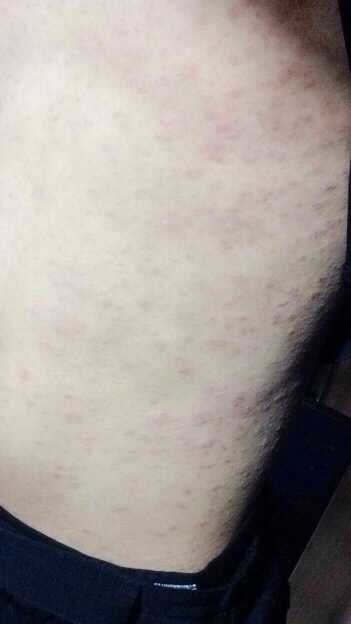
2. Dry eczema: mostly seen in thin infants. It mainly occurs in the scalp, eyebrows and other parts, showing flushing, desquamation, papules, but no obvious exudation. When it is chronic, it can also be slightly infiltrated and hypertrophic, with chaps, scratches or blood crusts. Often because of paroxysmal severe itching and cause baby crying and sleep restlessness.
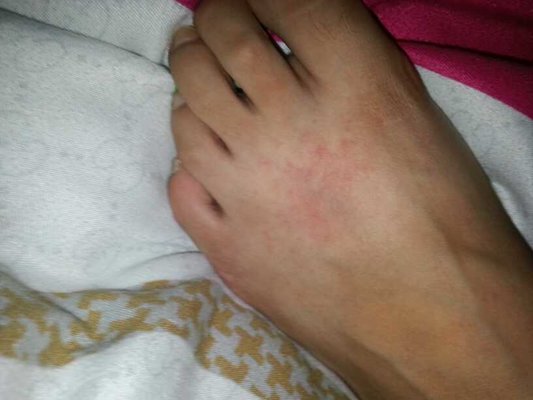
3. Eczema in children: it is a kind of allergic skin disease in children. Children's skin development is not perfect, the cuticle of the outermost epidermis is very thin, capillary network is rich, endothelial water and chloride are rich, so it is prone to allergic eczema reaction.
matters needing attention
1. Avoid possible inducing factors. 2. Avoid all kinds of external stimulation, such as hot water scalding, excessive scratching, cleaning and contact with potentially sensitive substances such as fur preparations. Less contact with chemical components, such as soap, washing powder, detergent, etc. 3. Avoid food that may cause sensitization and irritation, such as pepper, strong tea, coffee and wine.
